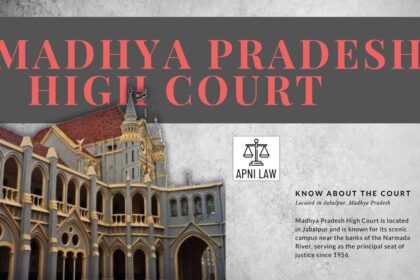Code:
The word “public” includes any class of the public or any community.
Explanation:
Section 12 of the Indian Penal Code defines “public nuisance” as an act that causes any common injury, danger, or annoyance to the public, or which is likely to cause such injury, danger, or annoyance. It aims to protect the collective well-being of society by prohibiting activities that significantly disrupt public peace, health, safety, or comfort.
Illustration:
Consider a scenario where a factory emits noxious fumes into the air, polluting the environment and causing respiratory problems among residents in the vicinity. This act would fall under public nuisance as it causes common injury (health issues) to the public residing near the factory.
Common Questions & Answers:
Q: What are some common examples of public nuisance?
A: Examples include:
Playing loud music late at night
Dumping garbage in public spaces
Blocking public roads or pathways
Operating a noisy factory in a residential area
Spreading false rumors that create panic or unrest
Q: What are the penalties for committing public nuisance?
A: The punishment for public nuisance can range from a fine to imprisonment depending on the severity of the offense. The maximum punishment under IPC Section 290 is imprisonment for three months or a fine, or both.
Q: Who can file a complaint for public nuisance?
A: Any individual or group of individuals affected by public nuisance can file a complaint with the police or the magistrate.







